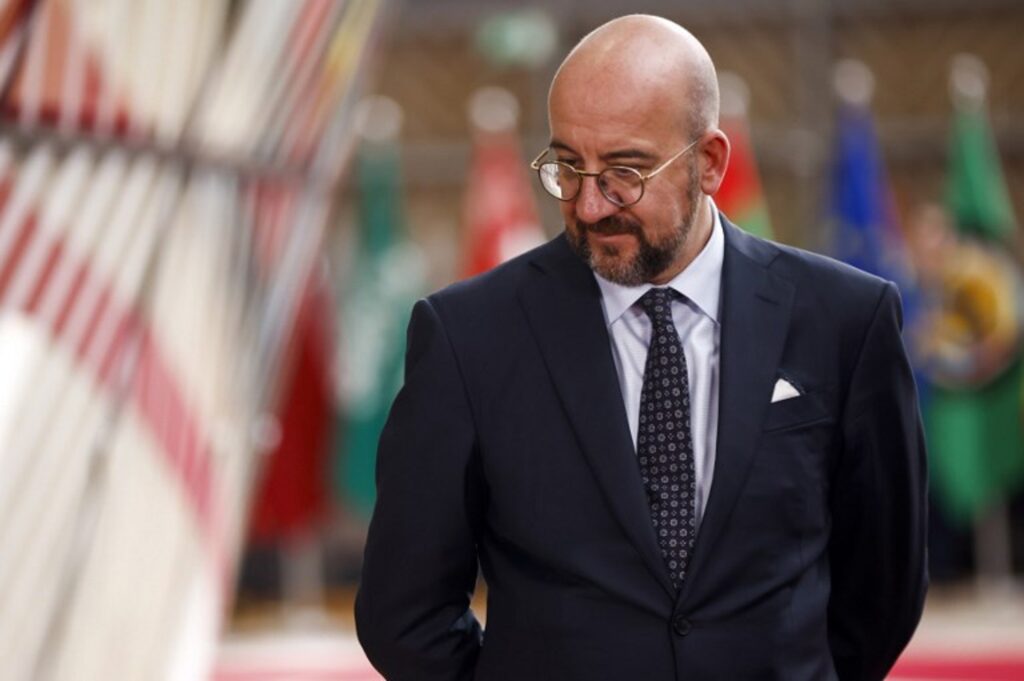This Thursday’s European summit in Brussels is expected to be a transition summit, with Ukraine, the Middle East, and migration as the key topics, but breakthroughs are not expected.
This will be the last regular summit for the President of the European Council, Charles Michel. On 1 December, Charles Michel will hand over to Portugal’s Antonio Costa.
EU treaties require at least four annual meetings for heads of state and government, with one summit scheduled per season in Brussels. not including extraordinary summits or those organised by the EU Council presidency, like the one in Budapest on 8 November.
This may also be the final regular summit for Belgian Prime Minister Alexander De Croo, who hopes to be "freed" from office by early December to take up the mayoral position in Brakel, following his recent election victory.
With the European Commission still forming, "no concrete decisions are expected" from the summit, according to a European diplomat. Ukrainian President Volodymyr Zelensky will present his "victory plan" to European allies and push for financial and military support. The West is lagging on delivering the $50 billion in loans promised by the G7 in June, with the EU ready to contribute up to €35 billion from profits on frozen Russian assets.
Hungary, led by Viktor Orban, continues to block this support. They demand long-term guarantees to freeze Russian assets before agreeing to renew sanctions every three years instead of every six months.
Hungary is waiting for the outcome of the U.S. presidential elections, hoping for a Trump victory. However, a compromise could reduce the EU’s commitment to €25 billion if the U.S. contributes, noted a European source.
Belgium is particularly invested, with 90% of the EU’s €200 billion in frozen Russian assets held at Euroclear in Brussels. Belgium is urging risk sharing amongst allies and is satisfied with current proposals, according to a government source.
On the Middle East, deep divisions among the EU’s 27 members mean strong conclusions are unlikely. They will likely reaffirm support for UNRWA and UNIFIL while backing Israel’s right to self-defence within the limits of international law.
Migration discussions are expected to be tense. Commission President Ursula von der Leyen sent a ten-point plan to all member states to improve deportations, including potential "return hubs" and outsourcing asylum applications, a practice recently adopted by Italy with Albania.
Forced returns to third countries currently fall outside European law, but the Commission plans to propose a new return directive after a previous attempt failed in 2018.
Regarding the Italy-Albania protocol, a Belgian government source said, "If international law is respected, why not." However, they emphasised broader partnerships with third countries like Tunisia and Egypt as more effective.
The migration debate needs clarity, said a European diplomat, expressing a sense of shifting perspectives and paradigms.
Spain and other countries want to bring forward parts of the Asylum and Migration Pact to next year instead of 2026, though this could lead to additional demands, cautioned another diplomat.
Belgium will also discuss the state of the Schengen Area, following Germany’s reintroduction of internal border controls. Belgium understands but insists this should remain temporary.
Despite the significance of these issues, the summit starting late Thursday morning is not expected to extend into Friday, as an additional eurozone summit has been postponed.

